
Nothing haunts humans as maddeningly and painfully like beautiful, sweet memories. Like seeing their high school graduation photos, and being reminded of whom they once were, who they once aspired to be. And knowing it’s never too late.
Like stumbling upon a candid portrait of people's parents, and with emotions beyond expression, their heart swells with an encouragement that no words can compare with.
Like accidentally finding a random panorama of the world, the skies and stars and all the natural wonders of the world, and realising how all their troubles and personal angst and frustrations suddenly seem ridiculous in that smirking face of eternity.
Humanitarian photographer Martha Tadesse adores this challenge of sneaking onto the most unguarded moments to narrate different social issues and documenting it.
Martha was born and raised in Addis Abeba. Yet photography was not her immediate calling.
She studied computer science and developmental studies at Dire Dawa University for undergraduate school and the Ethiopian Graduate School of Theology, respectively.
“I have always liked taking photos and loved stories," she said, "but I don't remember a specific event that inspired me."
Martha has always loved extreme traveling. "I started sharing photos on my Instagram from my travel collection, and clients started sending me messages. Slowly, I grew my Instagram community and focused on creating content," she said.
She had a point and shoot camera. She slowly grew into a digital single-lens reflex camera (DSLR), which combines the mechanisms of a single-lens reflex camera with a digital imaging sensor. It became her professional camera after taking internet lessons on photography.
Excited by the storytelling possibilities that photography offered, she started working with the United Nations Children's Fund (UNICEF), a UN agency mandated with providing humanitarian and developmental aid to children.
Ever since, her work revolves around different social issues that seek social justice by traveling around the corners of the country to document different development projects.
The Capture Addis Photo Festival was relocated to the Urban Centre near Mesqel Square.
Her latest series, Sifrash Story, fulfills a lifelong fascination of watching a rural young couple start a family.
"The place is so surreal. In summer it is full of love, and a traveler feels they are inside an hourglass where time has stopped. I went back home, but I couldn’t take this family and place out of my head," she said. "I knew I had to come back.”
The authenticity Martha has captured has reached Uganda Press Photo, which awarded her with the East Africa Photography Award this year.
“I'm not so interested in showing the reality of the place, but little pieces, moments that contribute to this fairytale that I feel when I am there,” she said.
“We all have wonderful stories to tell, and that is what inspires me the most,” Martha said.
The half-century-old digital photography industry was valued at 79.1 billion dollars in 2017 and is expected to reach 150 billion dollars by 2026, according to the Global Digital Photography Market Research Outlook.
Even though the business is untapped in Ethiopia compared to the global growth of the industry, it is gaining eyeballs as young photographers are breaking the stereotypical view of photography as limited to wedding or studio photography.
There are increasingly young kids going out on the street and experimenting to try and find their voice, according to Geremew Tigabu, a photographer who has made a career out of street and documentary photography for the last seven years.
But it has various challenges, according to him.
“The perception of street photography by the public and the police is a challenge to exercising this passion,” he said.
The art and the profession also get recognition from the government officials.
Martha Tadesse's East African Photography Award-winning photo project, Sifrash Story.
In October a private company partnered with the City Administration to host a photo festival that displayed photographs of the city and featured a photo competition.
Amanuel Tesgaye, a young photographer, is one of the exhibitors at the Capture Addis Photo Festival, organised by Lela Qellem Plc.
The seven-day photo festival was held at the municipality's compound.
This kind of initiative, especially from the government, demonstrates a new focus on celebrating the growing passion for street photography, according to Amanuel, who was also a winner of the competition.
Street photography is also becoming popular on social media platforms like Facebook, Instagram and Snapshot. These platforms have a considerable amount of social media followers.
Girma Berta, who was awarded the Getty Image Grant through the platform of Instagram, is another photographer celebrating street photography.
Lately, a Facebook group with 41,920 members - as of last week - for people who capture photos using their cell phones, Bored Cell Phone Addis Abeba, has become popular.
The rise of digital photography on social media has helped nuture the industry, directly and indirectly, according to Aida Muluneh, a photographer and founder of Desta For Africa (DFA).
“Everyone is a photographer, and it's a good thing, since professional photographers can get their rightful credit and feed off the rise in awareness in using photography as a storytelling tool,” she said.
"A decade ago, people needed to convince people that photography was important, and now they do not, as simple as that," according to her.
Aida returned to Ethiopia with the intent of teaching and establishing a community. She founded Addis Foto Fest, a biennial event that unites photographers from Africa with the global community.
The first edition that was held in 2010 featured six photographers from Ethiopia. The number of participants has grown to 35 in the fifth edition of the festival that was held last year.
She stressed that local photographers who are coming to the festival could understand that photography can be a viable profession.
“Lack of infrastructure and training by experts is the main issue," she said. "On an African level, re-owning the 'African narrative' is the biggest challenge."
Aida says that she was fortunate enough to have had great mentors, and she managed to reach the height of her profession long before the digitisation of photography and social media.
"Imagine what one can achieve if they focus on content in this day and age,” she told Fortune.
Her festival trains and grooms many young and budding photographers like Aron Simeneh, who is the current photographer of Prime Minister Abiy Ahmed (PhD).
Aron started photography due to his passion for music. And he was going to concerts and festivals to document the music life.
"I exercised my passion for photography as a hobby for two years," Aron said.
Then when he was a fresh university student, he interned for one year at Desta for Africa in 2014, and he assisted the organisers with workshops. He then started doing commercial and event photography before participating in the 2016 edition of Addis Foto Fest.
"The biggest turning point of my life to change my hobby into a career was working and learning from Aida," he said.
Aron says that Aida and Addis Foto Fest helped him through workshops on skills, meeting great photographers due to Aida's connections, teaching him to respect the profession as an art and daring him to dream big.
“My goals as an incubator is to spot talent and promote them, allow them to access my network and let them fly on their own once they've matured," said Aida. “This organic way of incubation within DFA is for me my ongoing contribution to the photography landscape.”
PUBLISHED ON
Dec 07,2019 [ VOL
20 , NO
1023]

Fortune News | Jun 03,2023
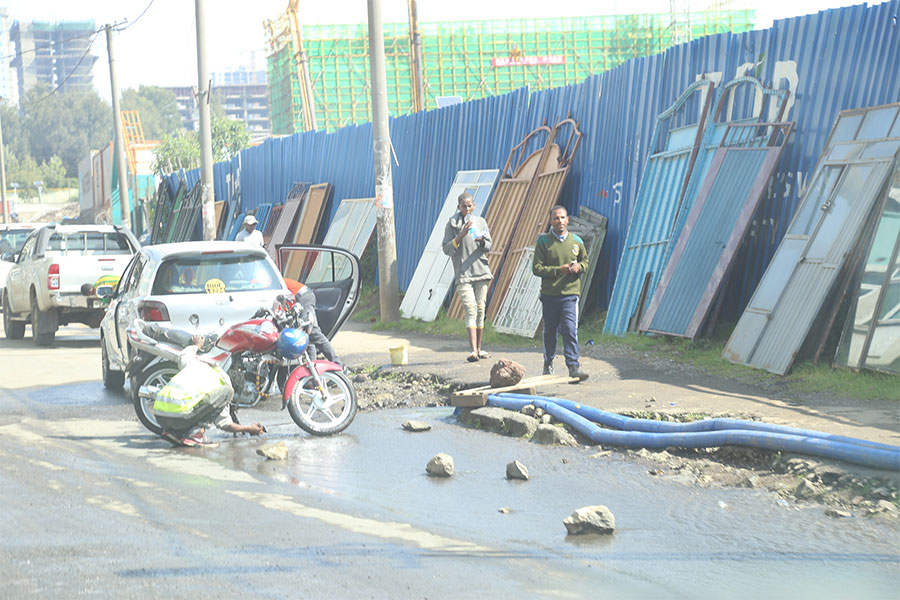
Radar | Oct 15,2022
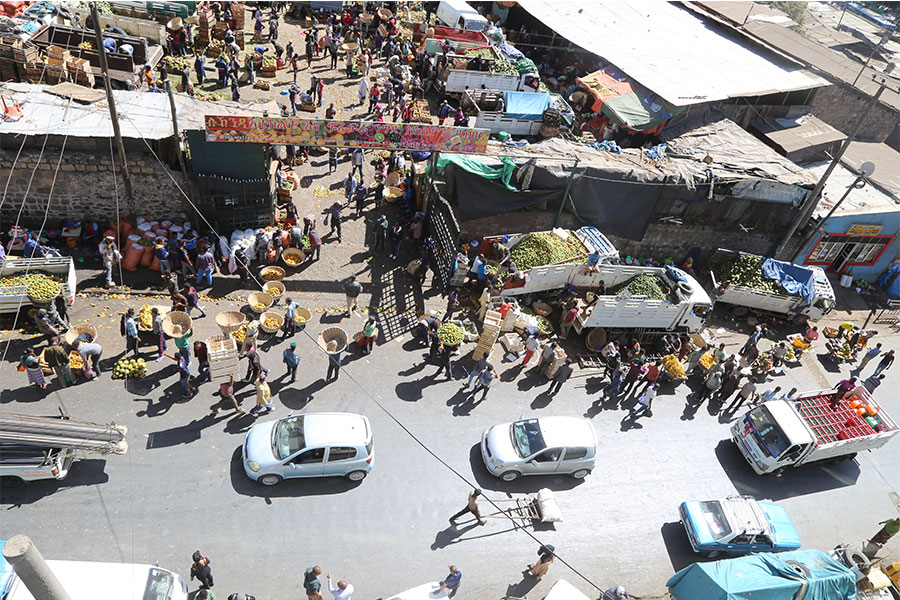
In-Picture | Mar 02,2019
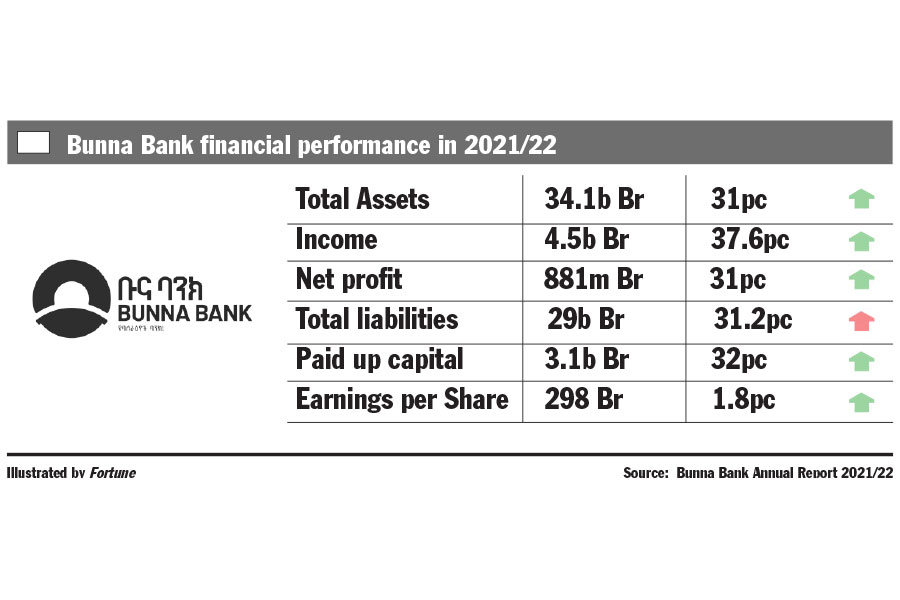
Fortune News | May 20,2023
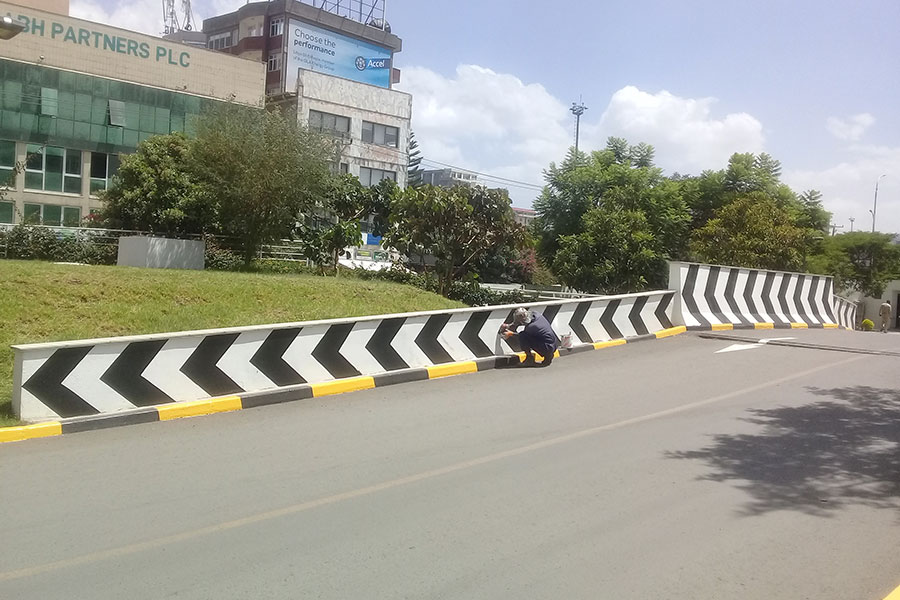
Radar | May 14,2022

Fortune News | Sep 28,2019
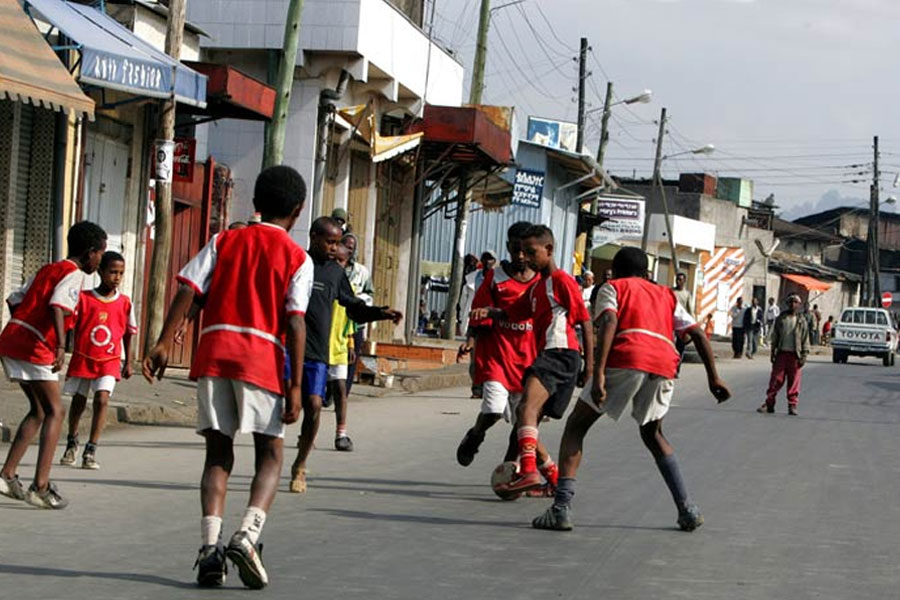
View From Arada | Jan 09,2021
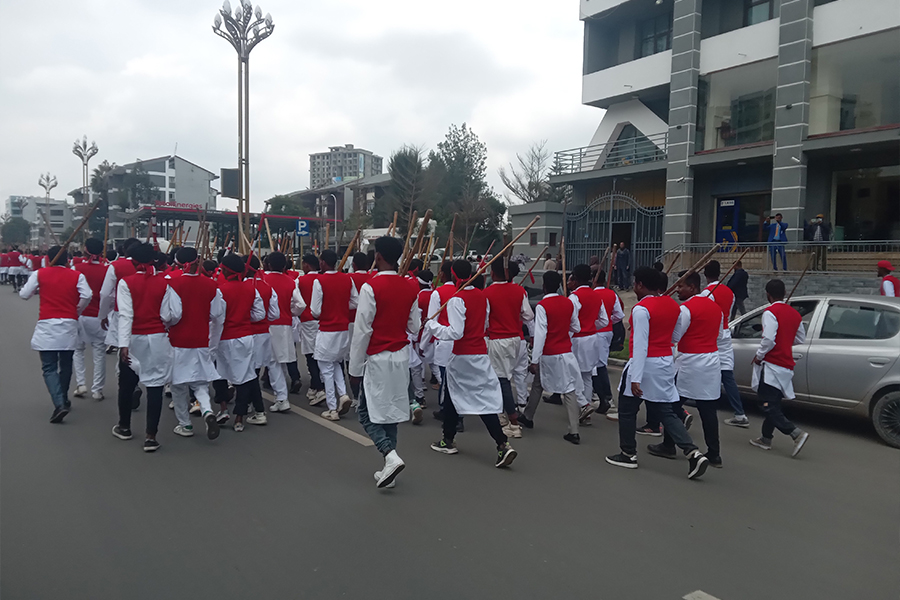
In-Picture | Sep 22,2024
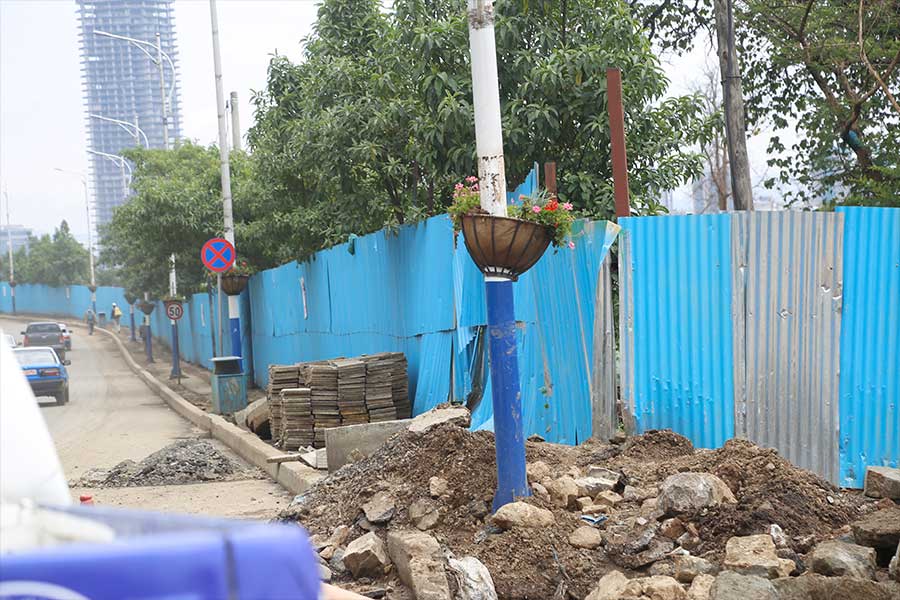
Radar | Jun 14,2020
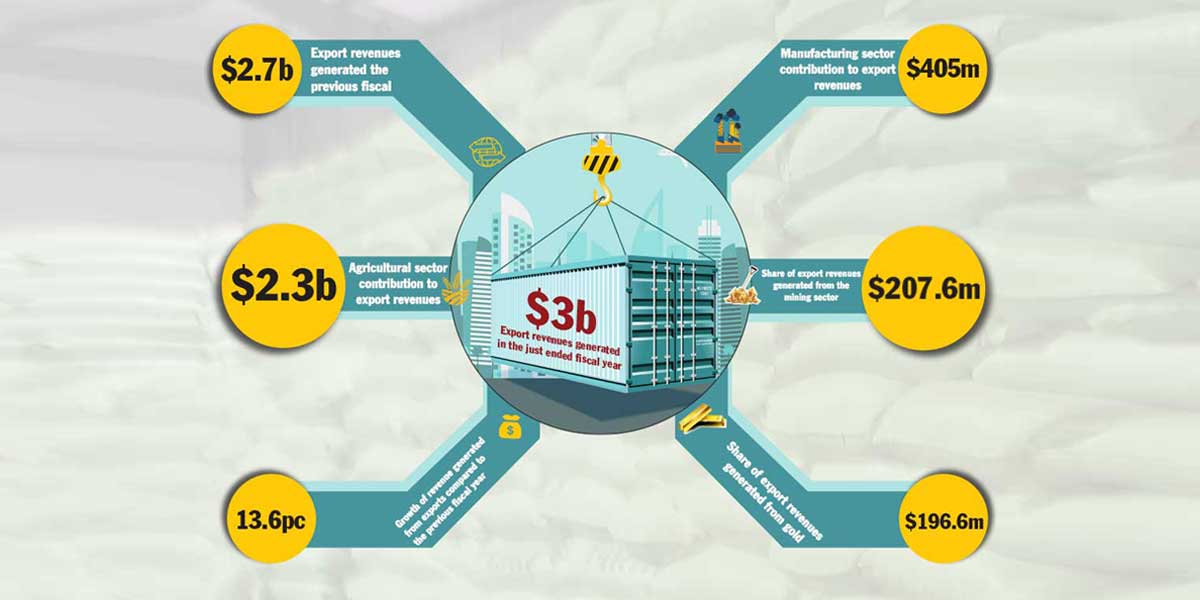
Fortune News | Jul 25,2020

Dec 22 , 2024 . By TIZITA SHEWAFERAW
Charged with transforming colossal state-owned enterprises into modern and competitiv...

Aug 18 , 2024 . By AKSAH ITALO
Although predictable Yonas Zerihun's job in the ride-hailing service is not immune to...

Jul 28 , 2024 . By TIZITA SHEWAFERAW
Unhabitual, perhaps too many, Samuel Gebreyohannes, 38, used to occasionally enjoy a couple of beers at breakfast. However, he recently swit...

Jul 13 , 2024 . By AKSAH ITALO
Investors who rely on tractors, trucks, and field vehicles for commuting, transporting commodities, and f...

Oct 4 , 2025
Eyob Tekalegn (PhD) had been in the Governor's chair for only weeks when, on Septembe...

Sep 27 , 2025
Four years into an experiment with “shock therapy” in education, the national moo...

Sep 20 , 2025
Getachew Reda's return to the national stage was always going to stir attention. Once...

Sep 13 , 2025
At its launch in Nairobi two years ago, the Africa Climate Summit was billed as the f...